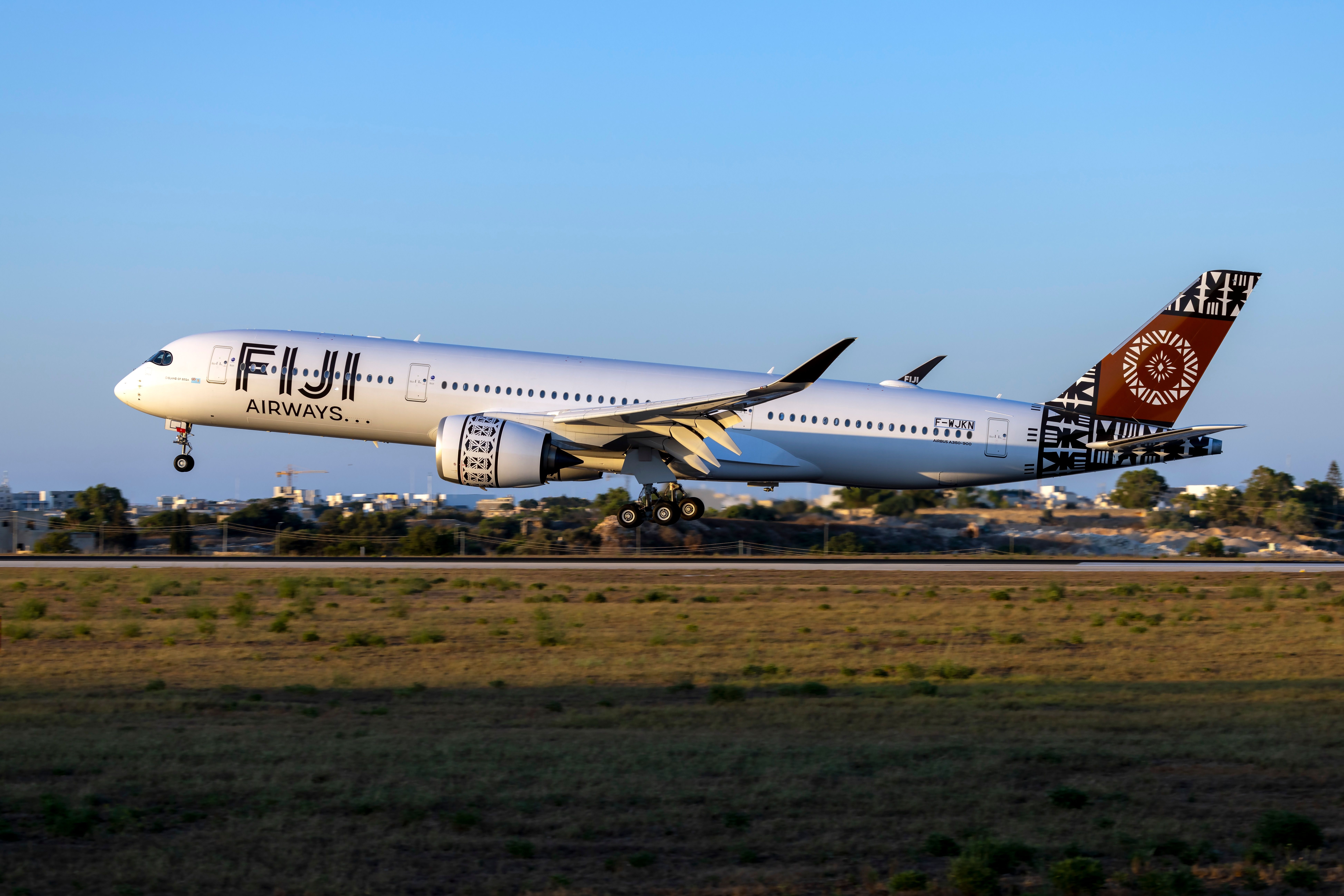
SEATTLE — Alaska Airlines closed its $1 billion purchase of Hawaiian Airlines on Sept. 18, a day after the federal government removed the last major regulatory obstacle to the deal. The deal solidifies Alaska's position as the fifth-largest U.
S. carrier by revenue. The company will assume about $900 million in debt from the newly acquisition and keep Hawaiian as a separate brand, eliminating the need to repaint planes.

The airlines agreed to maintain current levels of service on key routes within Hawaii and between the Aloha State and the U.S. mainland where they don't face much competition.
The Justice Department, which had opposed previous deals between large airlines, including JetBlue's attempt to buy Spirit Airlines, did not challenge the Alaska-Hawaiian tie-up. Alaska and Hawaiian agreed to a handful of consumer protections, including not lowering value of frequent-flyer rewards and promising to compensate passengers for cancellations and significant delays that are their fault. BRIGANTINE, N.
J. — Opponents of offshore wind around the U.S.
are pelting the projects with lawsuits, seeking to cancel them or tie them up for years in costly litigation. It's just the latest challenge the industry must overcome, along with escalating prices, shaky supply chains, and some highly publicized turbine failures. Thirteen cases pending in federal courts targeting offshore wind projects, and more in state courts.
Opponents cite concerns about impacts on the marine environment and the cost of wind power, while supporters say it is a promising way to flight climate change and criticize what they call frivolous legal action. NEW YORK — General Motors is now offering adapters to help its electric vehicle owners access Tesla chargers. Today's Top Headlines Story continues below How a Beaufort family found a genie lamp in Spartanburg with wishes worth up to $1.
2M Trader Joe's tote bags are coming back. Here's how to score one. 'I got that .
.. on video': SC man recovering after being bitten by world's most venomous snake Coach Shane Beamer and Gamecocks contact SEC office about penalties during LSU loss Stephen Colbert's new cookbook with his wife was inspired by pandemic living on Sullivan's Island New Charleston restaurant offers free meals Sept.
19 ahead of its opening Myrtle Beach pastor J.P. Miller says a paralegal labeled him a killer.
He's suing her for $6M. Judge in Murdaugh-related case over leaked photos of Mallory Beach's body asked to step down Owner agrees to sell Nautilus Fitness Center to city of Spartanburg, ending 47 years in business SC Ports eyes Leatherman expansion as work continues to reopen container terminal The Detroit automaker said Sept. 18 that it is opening up access to more than 17,800 Tesla Superchargers for its customers, with the use of a GM approved NACS DC adapter.
Customers in the United States will be able to buy the adapter for $225 through GM vehicle brand mobile apps. By using the Tesla Supercharger network, GM EV vehicle owners will have access to more than 231,800 public Level 2 and DC fast chargers in North America. LONDON — Google has won a court challenge against a $1.
66 billion European Union antitrust fine imposed five years ago that targeted its online advertising business. The EU’s General Court said Sept. 18 it was throwing out the 2019 penalty imposed by the European Commission, which is the 27-nation bloc’s top antitrust enforcer.
The commission’s ruling applied to a narrow portion of Google’s ad business: ads that the U.S. tech giant sold next to Google search results on third-party websites.
Regulators had found that Google inserted exclusivity clauses in its contracts that barred these websites from running similarly placed ads sold by Google’s rivals. WASHINGTON — The Biden administration is moving to clarify how homeowners and businesses can receive lucrative tax credits for installing electric vehicle chargers. A rule proposed Sept.
18 by the Treasury Department would make credits worth up to $1,000 for individuals and $100,000 for businesses available for each EV charger that is installed. If finalized, the proposal would be especially valuable to businesses that plan to install multiple chargers and would be able to earn significant credits to offset the expense. The rule announced Wednesday follows guidance issued in January that made tax credits for installing EV chargers available in about two-thirds of the country.
.














